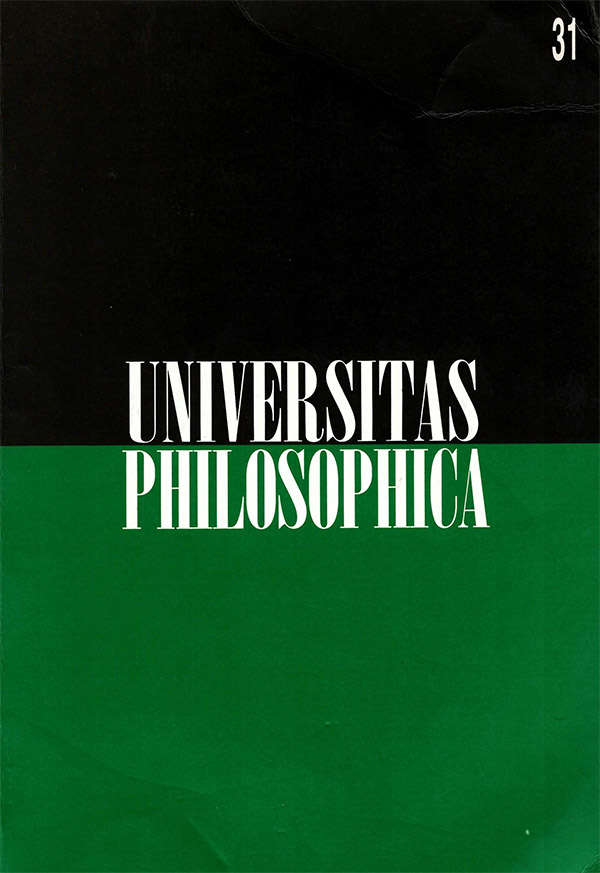Abstract
First, the pro-lije and pro-choice arguments are examined.The pro- lije extreme form, being therefore inacceptable or impracticable. Moderate pro- lije positions face the difficulty of determining normative criteria in order to identify in wich cases abortion is acceptable or not. The problem of the ontological status of the embryo or foetus poses the thoughest difficulty to the pro-choice position. The source of the polarization between the pro-lije and the pro-choice positions can thus be identified, since the pro-lije position reasoning is based upon values whereas the pro choice position reasoning is based upon rights. It is argued that an approach between these positions is only possible in the field of rights, since the absolute upholding of values closes the way to any possibility of dialogue. Woman's rights, are not absolute in respect to the foetus and cannot be founded merely on the will. A way out seems possible only if the interests of woman and foetus are both taken under consideration.This journal is registered under a Creative Commons Attribution 4.0 International Public License. Thus, this work may be reproduced, distributed, and publicly shared in digital format, as long as the names of the authors and Pontificia Universidad Javeriana are acknowledged. Others are allowed to quote, adapt, transform, auto-archive, republish, and create based on this material, for any purpose (even commercial ones), provided the authorship is duly acknowledged, a link to the original work is provided, and it is specified if changes have been made. Pontificia Universidad Javeriana does not hold the rights of published works and the authors are solely responsible for the contents of their works; they keep the moral, intellectual, privacy, and publicity rights.
Approving the intervention of the work (review, copy-editing, translation, layout) and the following outreach, are granted through an use license and not through an assignment of rights. This means the journal and Pontificia Universidad Javeriana cannot be held responsible for any ethical malpractice by the authors. As a consequence of the protection granted by the use license, the journal is not required to publish recantations or modify information already published, unless the errata stems from the editorial management process. Publishing contents in this journal does not generate royalties for contributors.


